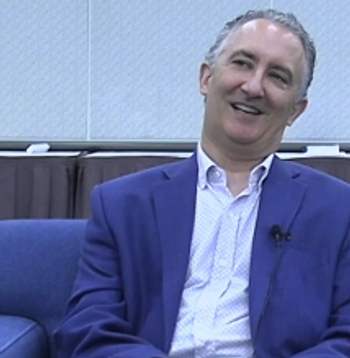
ICD-10-CM Delay Removes Excuse For Rushing DSM-5 Into Premature Publication
Until yesterday, there were only 2 reasons to stick with the projected date of DSM-5 publication (May 2013). The first just dropped out.
Until yesterday, there were only 2 reasons to stick with the projected date of DSM-5 publication (May 2013):
1. The need to coordinate DSM-5 with ICD-10-CM coding, which was scheduled to start Oct 2013.
2. The need to protect APA publishing profits in order to meet budget projections.
The first reason just dropped out. Health and Human Services (HHS) Secretary Kathleen G. Sebelius has announced that the start date for ICD-10-CM has been postponed. It is not yet clear for how long, but most likely a year (see
This latest delay in implementing ICD-10-CM is the government's response to pressure by medical providers worried about the cost of changing systems. ICD-10 was available 20 years ago and has been official around the world for some time. The long US lag has been a cost saving measure-it will take billions of dollars to get all health system computers to switch coding systems. Indeed, there are many who would like to take this delay one giant step further by canceling ICD-10-CM altogether and leap frogging to ICD-11 (which will be ready around 2015 or 2016).
This means there is only one reason left to rush DSM-5 to print-the prospect of publishing profits. This would be a shame because DSM-5 is nowhere near ready to be born. Why do I say this-and what needs to be done before it can responsibly turned loose on the field?
1. During the past month, there have been well over 100 highly critical news articles in major media outlets all around the world decrying the many risks of DSM-5 proposals. (For a representative sample see Suzy Chapman's post at
2. DSM-5 made a great mistake when it cancelled the crucially important second stage of its field trials. This was made necessary because constant delays in completing its first stage left no remaining time for its second-that is assuming that the May 2013 publication date had to be met at all costs. DSM-5 also warned us that its imprecisely written criteria sets performed so poorly in the first stage of the field trials that historically unacceptable reliabilities (barely better than chance) will now be accepted for DSM-5. This is simply unacceptable. DSM-5 should complete both stages of its field trials as originally scheduled. This means rewriting and retesting the poorly performing diagnoses. And this will take time.
3. The planned DSM-5 clinician's field trial appears to be almost completely dead in the water-plagued by disorganization, constant delays, and a ridiculously high attrition rate. If this is to be done properly, it too will take time to complete.
The original publication date of DSM-5 was 2011. This had to be delayed for a year and then again for another year because of poor planning and disorganized implementation. Continued unexplained delays again have DSM-5 so far behind its own schedule that May 2013 can now be met only with a third rate product that cannot possibly gain the wide acceptance enjoyed by previous DSM's. The only responsible APA action is to delay DSM-5 publication yet again until it has successfully accomplished all the steps planned in its own original timetable.
The only reason for APA to prematurely rush out a poor DSM-5 product is profit-and given its importance this is simply no excuse at all.
Newsletter
Receive trusted psychiatric news, expert analysis, and clinical insights — subscribe today to support your practice and your patients.







